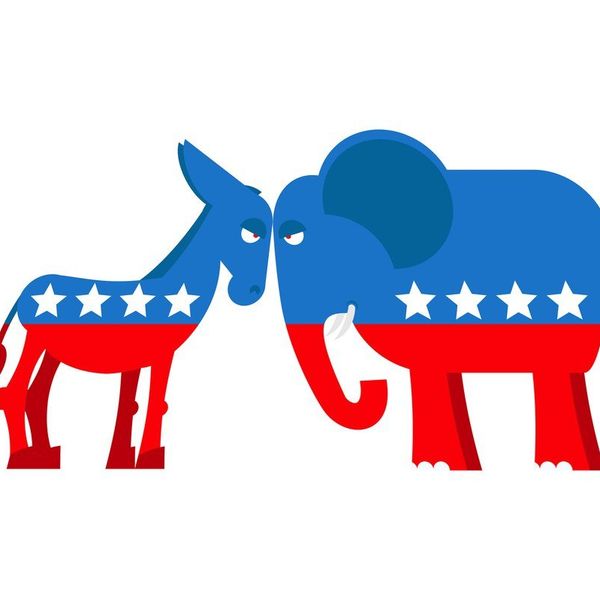When I came to college my freshman year I attended a small, private, religious college that faired as a safe transition into the “real world." But I soon realized that safe isn’t really what I was wanting out of my college experience. After my first year I chose to transfer to a public, liberal arts university in search of a more diverse student body and a more colorful atmosphere. Something that I desperately wanted from my change of scenery was to be exposed to all different types of opinions and belief systems, especially politically, as my chosen major was political science. I found that at the first institution I attended there was not only a lack of diversity, but also a lack of expression of ideologies in general. It seemed as if many students and professors alike frowned upon the idea of expressing one’s personal values and beliefs because they might be different from the person sitting next to you. This was not what I set out to learn, so I chose a different path to try and find something more genuine.
What I found at my new university was almost everything I had hoped for: a colorful atmosphere, cultural diversity, a passion for uniqueness, and expression of self around every corner. Everything seemed to be what I wanted, but as I began taking different classes I found that although the students were incredibly passionate about their political ideologies, most professors were incredibly elusive of their personal views. I found this strange at a university that was so active in the political community, so I found myself asking if it were even appropriate for professors to express their ideologies, and if so, to what extent?
I have found that in the current political climate citizens have seemingly been more active in sharing their opinions on current political topics, but many would argue that politics has no place in the classroom, especially during a highly divisive election season. A current professor of law and politics at the University of North Carolina at Asheville, Dr. Mark Gibney, partially shared this sentiment by stating that although professors have a constitutional right to share their opinions, it is “bad practice” because a student’s purpose inside of a classroom is to think, and that they are incapable of doing so if they are being swayed in a certain direction. Exercising the first amendment right to share one’s political opinion is something that other professors believe is not only an acceptable practice, but actually encourage as providing different perspectives within an educational setting.
As a student of politics, I find valid points both for and against this practice. Believing fully in the right to freedom of speech, I believe that professors have a right to express their political standpoints, but I also believe that there is a fine line between expression and persuasion and that when a student is exposed to the ideologies of someone that they are being taught by and often idolize, they can easily fall into a path that is not truly their own.
The choice of remaining neutral in an educational setting is viewed as a traditional virtue that not all agree with maintaining but is a practice that provides insight into the political atmosphere of modern society, which is something that may provide a new dimension to the educational experience.






















